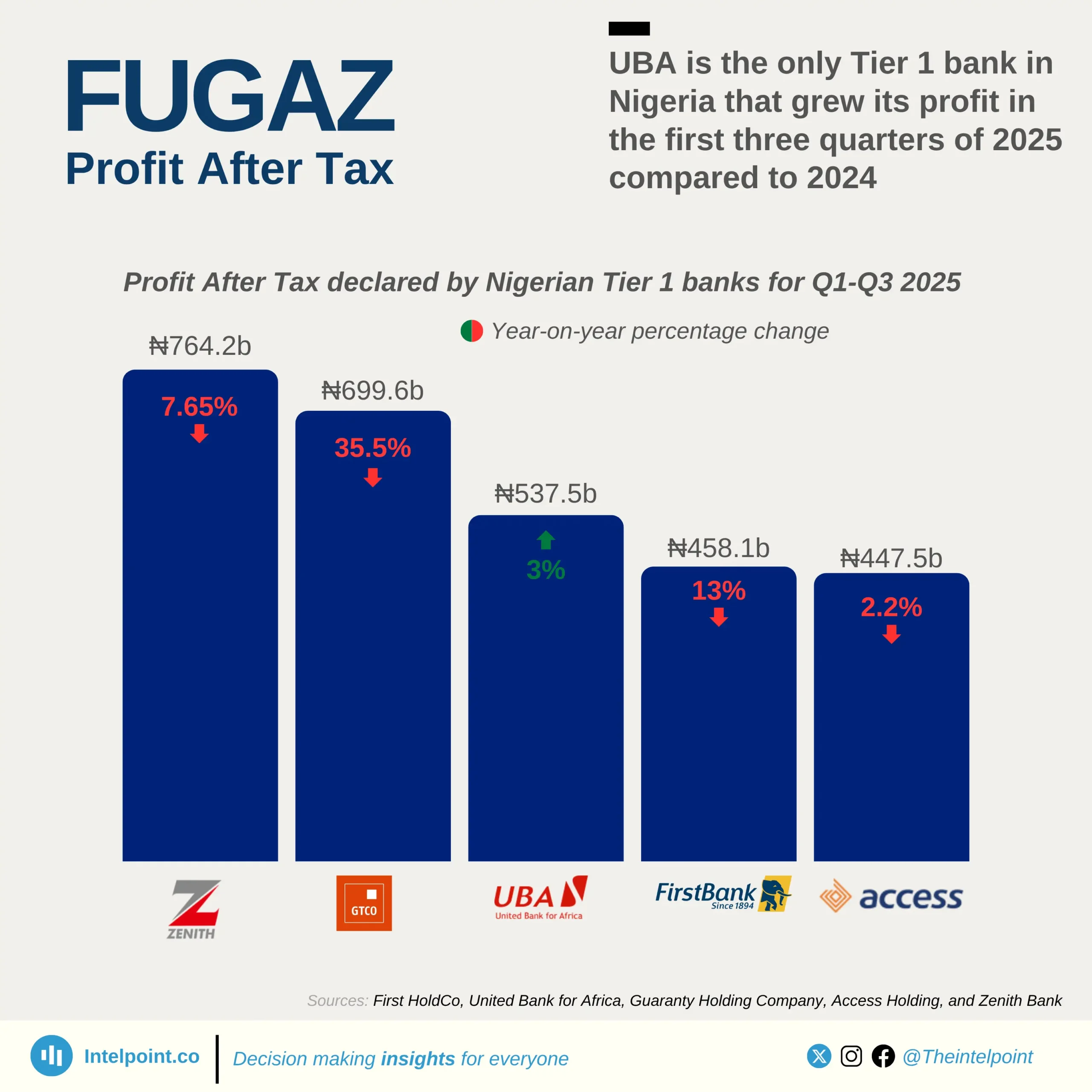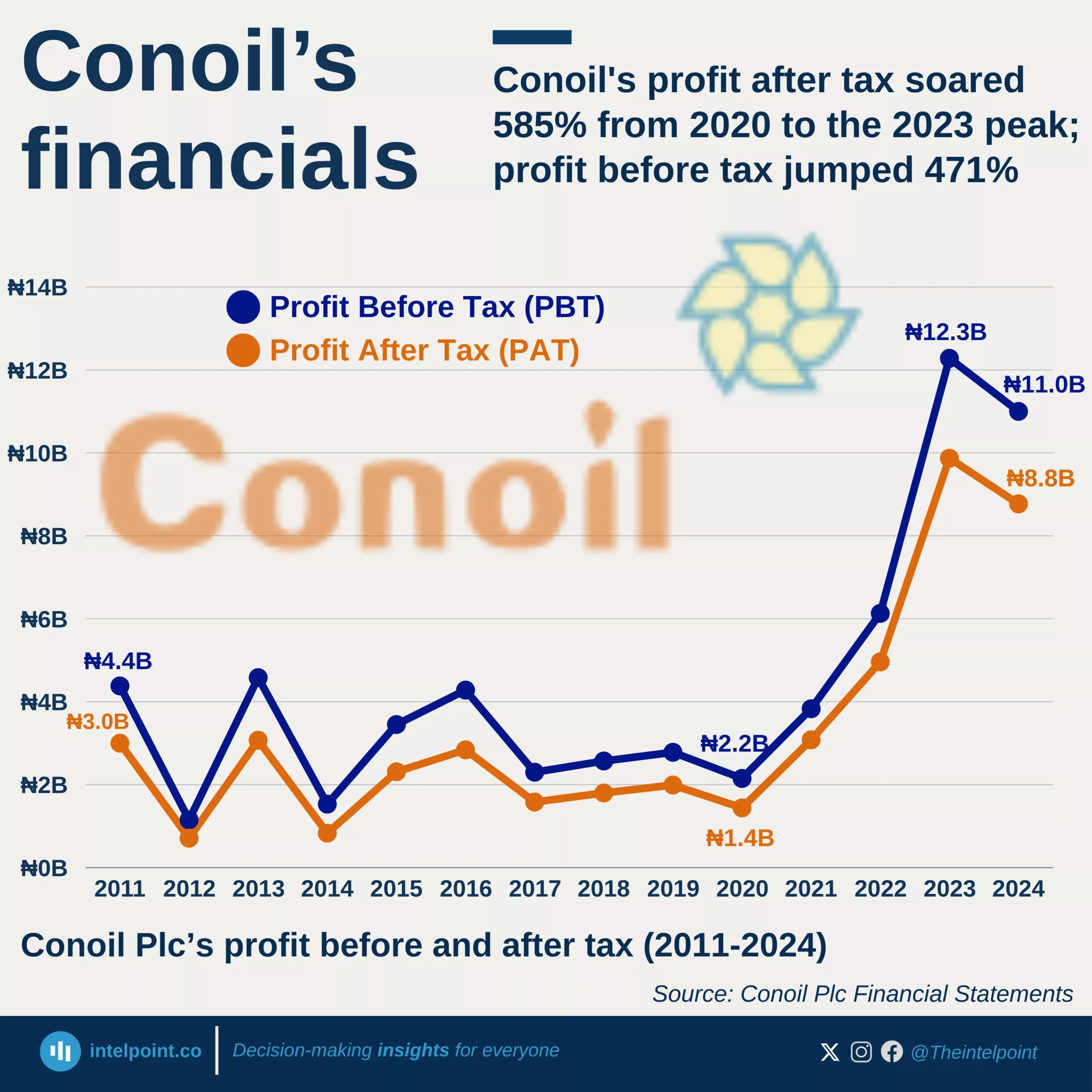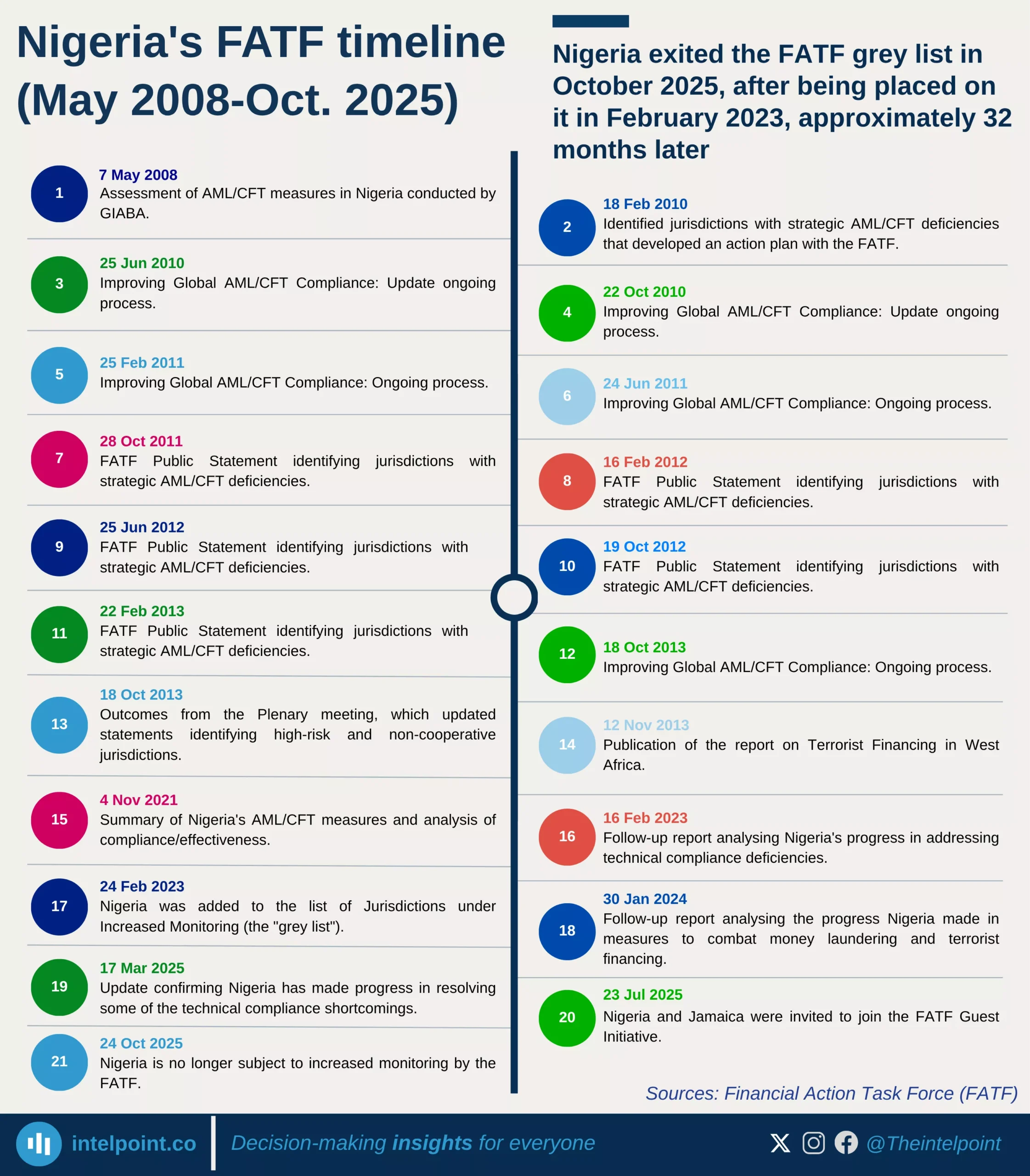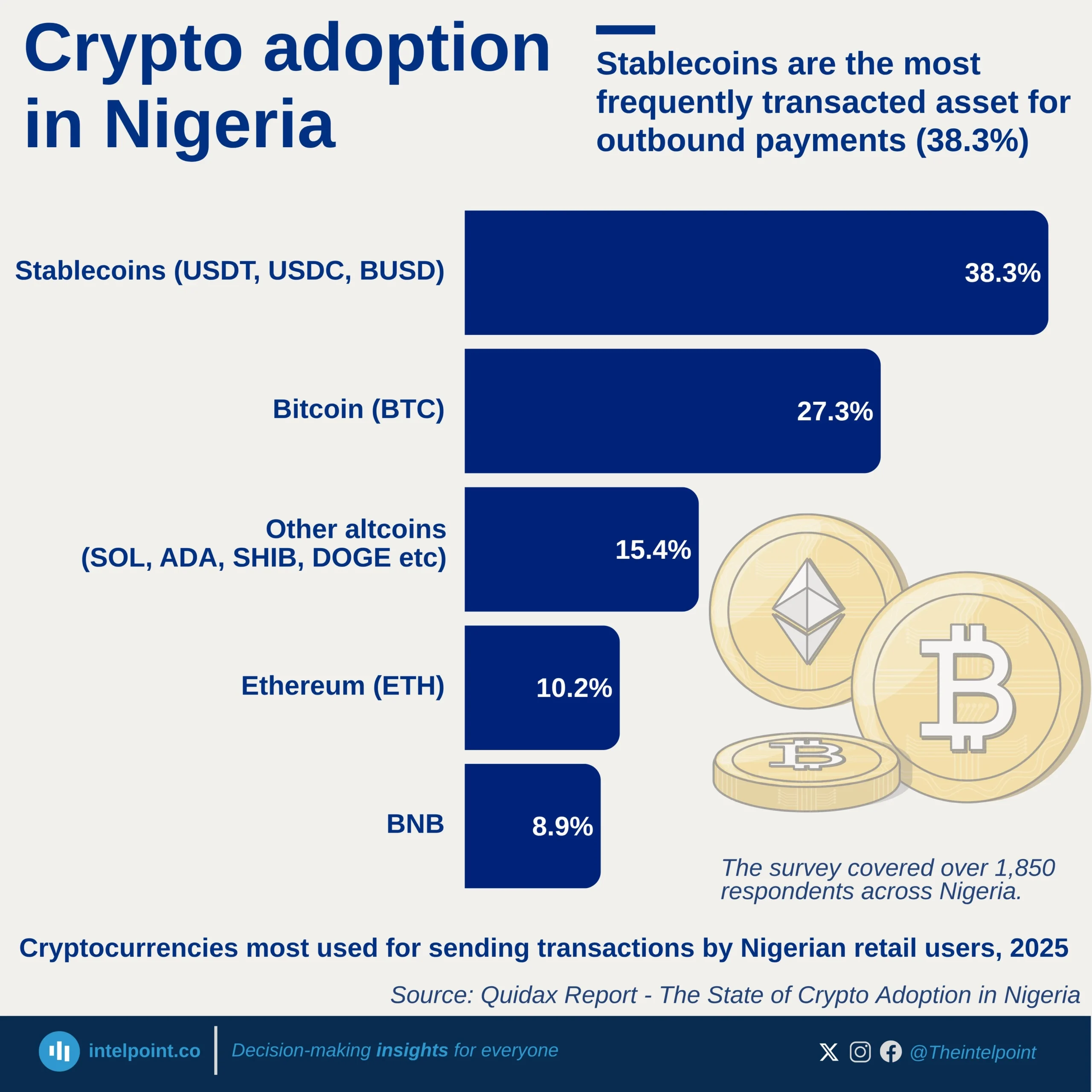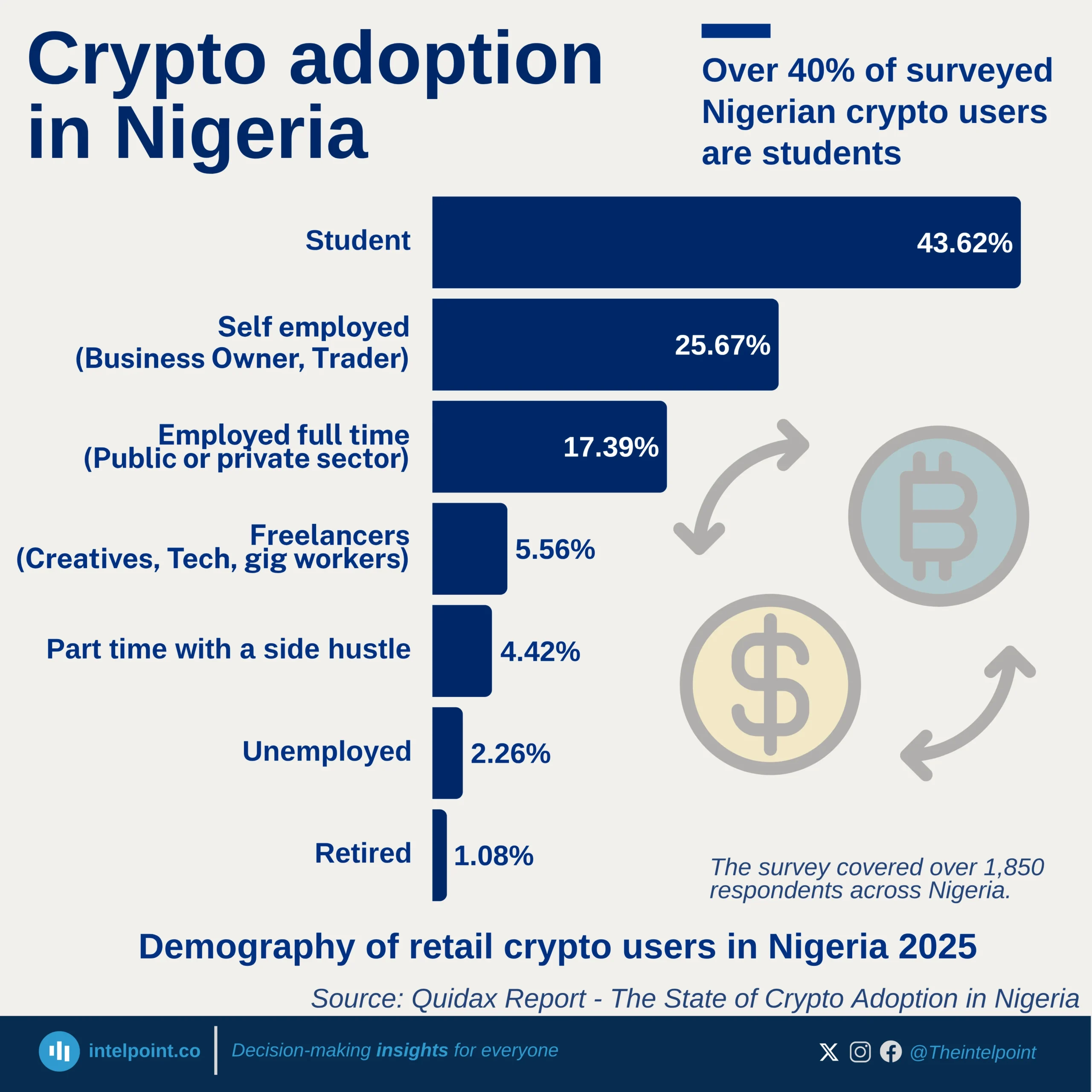With over ten million registered Retirement Savings Accounts as of Dec 2023, Nigerian workers' pension contributions have grown steadily, despite fluctuations in recent years, to reach ₦1.32t in 2023.
In 2023 alone, 13.3% of the total savings since inception was contributed.
Total contributions since 2004 reached ₦9.9 trillion by 2023, with 52% coming from the public sector. The public sector grows at an average annual rate of 15.8%, while the private sector averages 16.2% yearly growth.

